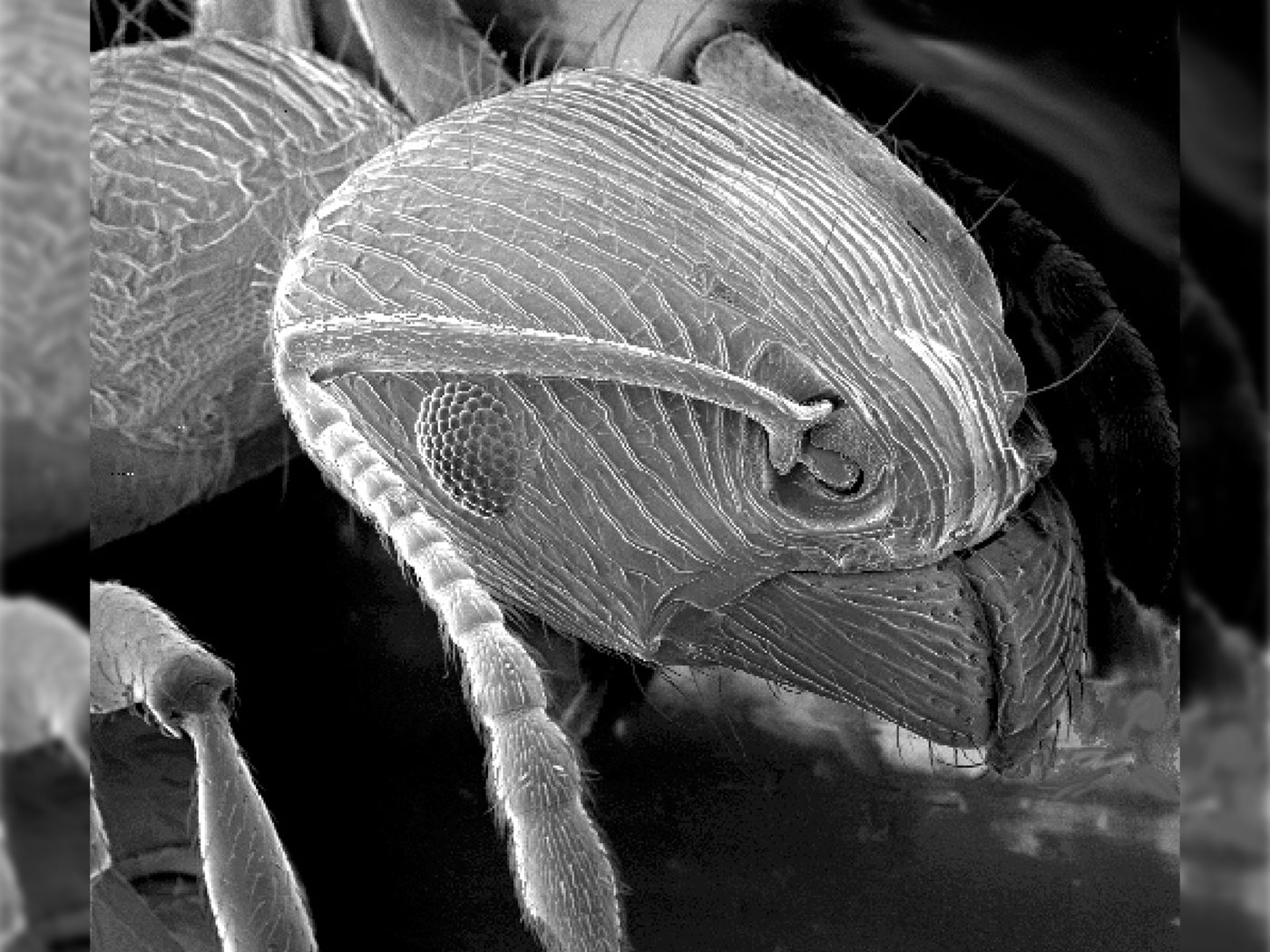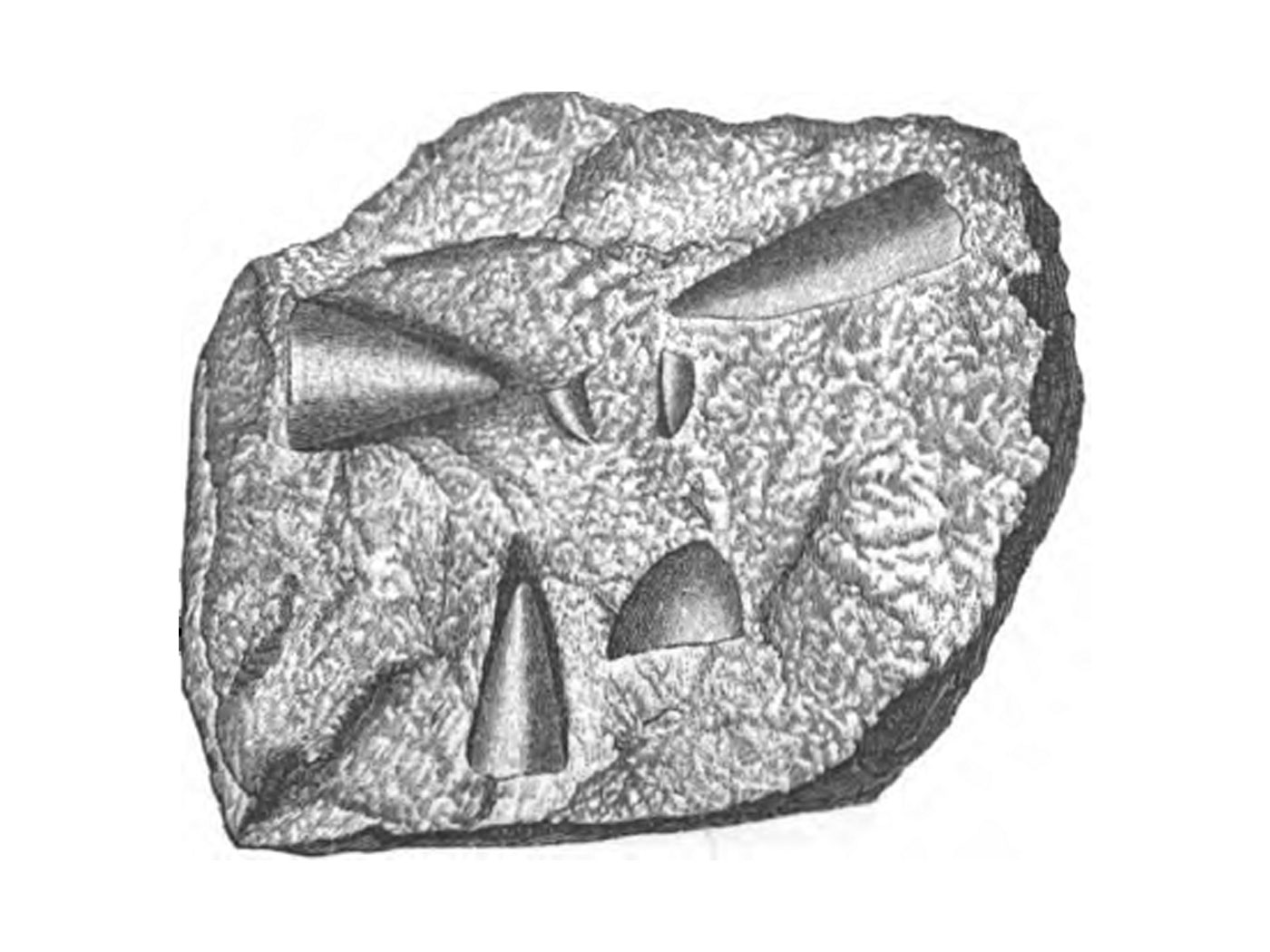Search Tools
New Defender's Study Bible Notes
3:19 sweat of thy face. The Curse on Adam had four main aspects: (1) sorrow, because of the futility of endless struggle against a hostile environment; (2) pain, signified by the thorns; (3) sweat, or tears, the “strong crying” occasioned by the labor necessary to maintain life and hope; and (4) eventual physical death in spite of all his efforts, returning back to the dust.
But Christ, as the second Adam, has borne the curse for us (Galatians 3:13), as the “man of sorrows” (Isaiah 53:3), wearing the thorns and suffering the greatest pain (Mark 15:17), acquired by strong crying (Hebrews 5:7) to sweat as it were drops of blood before being finally brought into the dust of death (Psalm 22:15). And because He so suffered for us, once again someday God will dwell with men, and “there shall be no more death, neither sorrow, nor crying, neither shall there be any more pain” (Revelation 21:4). Indeed there shall be “no more curse” (Revelation 22:3).
3:19 dust thou art. The Curse thus applies to man and woman, to the animals and to the physical elements, God’s whole creation. It is so universal as to have been discovered and recognized empirically as a general scientific law, the law of increasing entropy (“in-turning”). This famous Second Law of Thermodynamics is sometimes also called the law of morpholysis (“loosing of structure”). It expresses the universal tendency for systems to decay and become disordered, for energy to be converted into forms unavailable for further work, for information to become confused, for the new to become worn, for the young to become old, for the living to die, even for whole species to become extinct. One of the most amazing anomalies of human thought is that the concept of evolution, which has never been observed in action scientifically and is exactly the opposite of the universally proved scientific principle of increasing entropy. This theory is nevertheless believed to be the most fundamental principle of nature by almost the entire intellectual establishment!
3:20 Eve. Eve means “life,” and her name indicates Adam’s faith in God’s promise that the “woman” would bear a Seed. Even though he realized he was going to die, Adam still believed that God would provide life. He had disobeyed God’s Word by partaking of his wife’s forbidden fruit; now he believed God’s Word centered on his wife’s fruitfulness. Since true faith is always accompanied by repentance, it is evident that Adam had turned away from Satan and back to God. No doubt Eve had done the same, desiring now to follow her husband instead of leading him.
3:20 all living. There were no children at this time, so this statement is apparently an editorial insertion by Moses, testifying that all mankind had descended from Adam and Eve. There were no “pre-Adamite” men (compare I Corinthians 15:45, speaking of “the first man Adam”), nor were there any pre-Fall children, since “in Adam all die” (I Corinthians 15:22).











